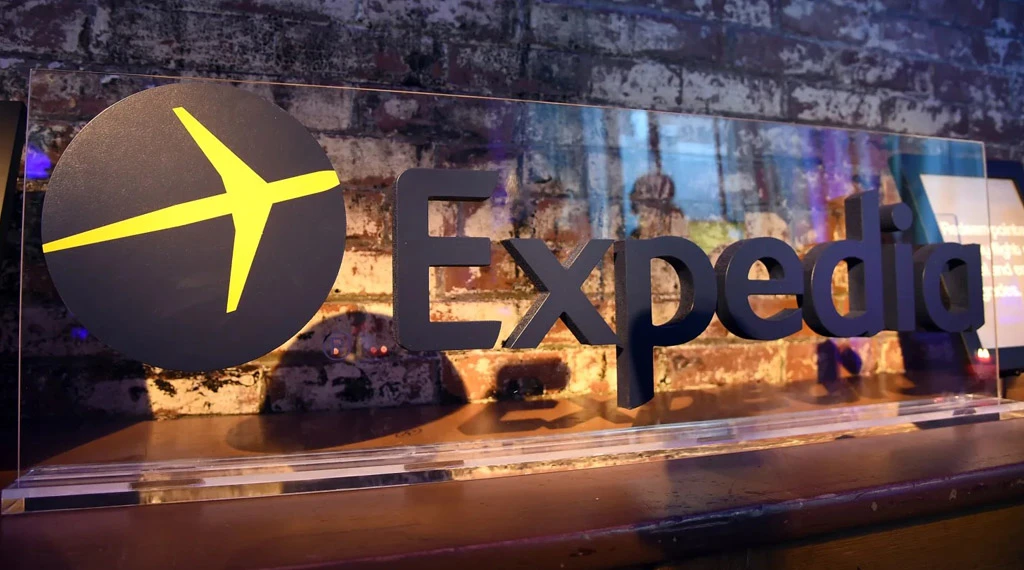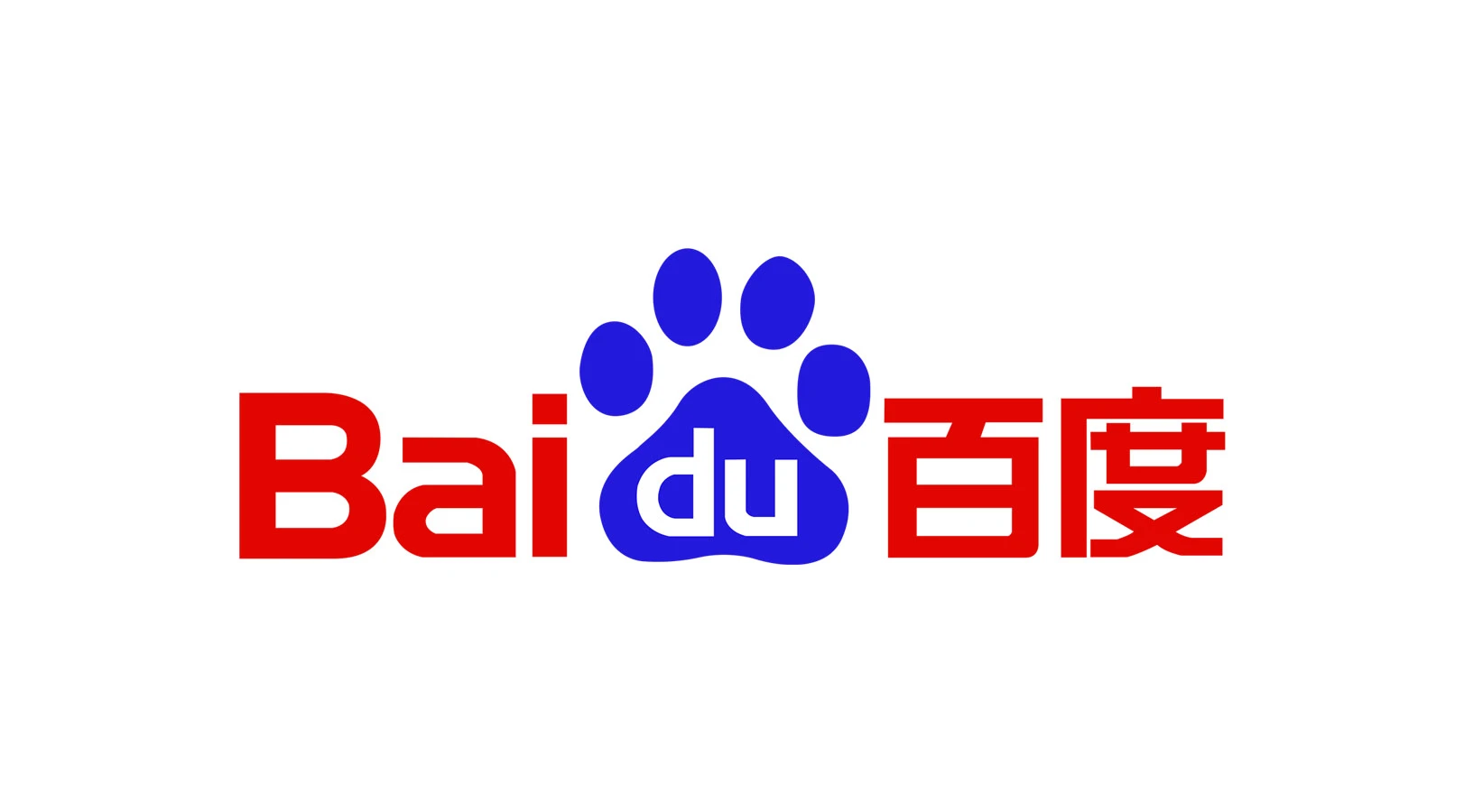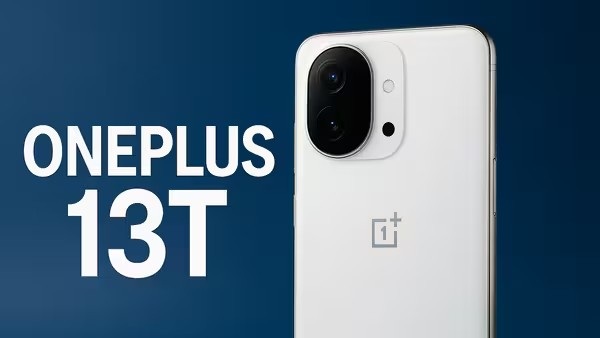As artificial intelligence continues to revolutionize industries, lawmakers in the United States are calling for greater accountability and openness in how major tech companies are shaping the future of AI.
On April 21, 2025, U.S. Senators demanded full transparency from Google and Microsoft regarding their high-profile AI partnerships with Anthropic and OpenAI, respectively. The request comes amid growing concerns over monopolistic practices, market control, and ethical AI deployment.
The AI Race: Big Tech’s Strategic Alliances
-
Microsoft has invested heavily in OpenAI, integrating its GPT-based models into products like Microsoft 365 Copilot and Azure AI services.
-
Google, in parallel, has deepened its collaboration with Anthropic, embedding the Claude AI system across Google Cloud and Workspace.
These partnerships have allowed both firms to dominate AI infrastructure while locking in exclusivity clauses that may limit access to emerging AI startups.
🏛️ What the Senators Want
The Senate’s letter demands that Google and Microsoft:
-
Disclose contractual terms related to AI collaboration agreements
-
Clarify the degree of control or influence they have over OpenAI and Anthropic
-
Reveal any exclusivity or data-sharing arrangements
-
Provide insight into how cloud computing dominance may affect AI competition
This scrutiny is part of a broader push in Washington to regulate artificial intelligence, following previous hearings on AI safety, ethics, and the role of Big Tech in shaping public policy.
⚖️ The Competitive Landscape in Question
Lawmakers worry that Big Tech’s vertical integration in the AI space could:
-
Stifle innovation by locking out smaller players from key AI tools and platforms
-
Lead to data monopolies, especially with proprietary access to user behavior
-
Control AI evolution, both commercially and ethically, through unchecked influence
At the heart of the concern is whether the U.S. can maintain a free, competitive, and responsible AI ecosystem.
🌍 Why This Matters for the AI Industry
The stakes are enormous. As AI becomes embedded into everything from productivity software and healthcare to defense and finance, the rules that govern its deployment matter more than ever.
This development could lead to:
-
Stricter AI regulation frameworks
-
A reevaluation of tech antitrust laws
-
Greater international scrutiny of U.S.-based AI companies and cloud infrastructure providers
Whether Google and Microsoft comply transparently could determine how AI partnerships are governed in the future.
💬 Final Thoughts: A Tipping Point for AI Governance
The demand for AI transparency from U.S. Senators marks a turning point in AI governance. It’s no longer just about who builds the smartest models—it’s about who controls them, how they’re used, and who benefits.
At Koda Design Studio, we’ll be keeping a close watch on how this unfolds and what it means for the future of responsible AI, competitive innovation, and policy regulation in 2025 and beyond.
- All Posts
- AI Updates
- Apple
- Games
- Latest
- Movies
- Tech Stocks
- Upcoming Devices

Expedia Group accelerates its Middle East travel growth with a strategic launch in the UAE, forging powerful advertising partnerships and...

HP unveils its latest range of AI-powered PCs featuring deep Microsoft Copilot integration, designed to enhance productivity, creativity, and personalized...

Baidu debuts ERNIE 4.5 Turbo and ERNIE X1 Turbo, its most powerful AI models yet, aiming to lead China’s AI...

Microsoft launches the new AI-powered 'Recall' feature for Copilot+ PCs, offering users a searchable memory of their digital activity with...

Meta Description: Intel unveils its own AI chips to challenge Nvidia, shifting strategy from failed partnerships to in-house innovation aimed...

Stephen Fry’s AI-generated voice will feature in a new installation at Hay Festival 2025, exploring the future of AI and...





